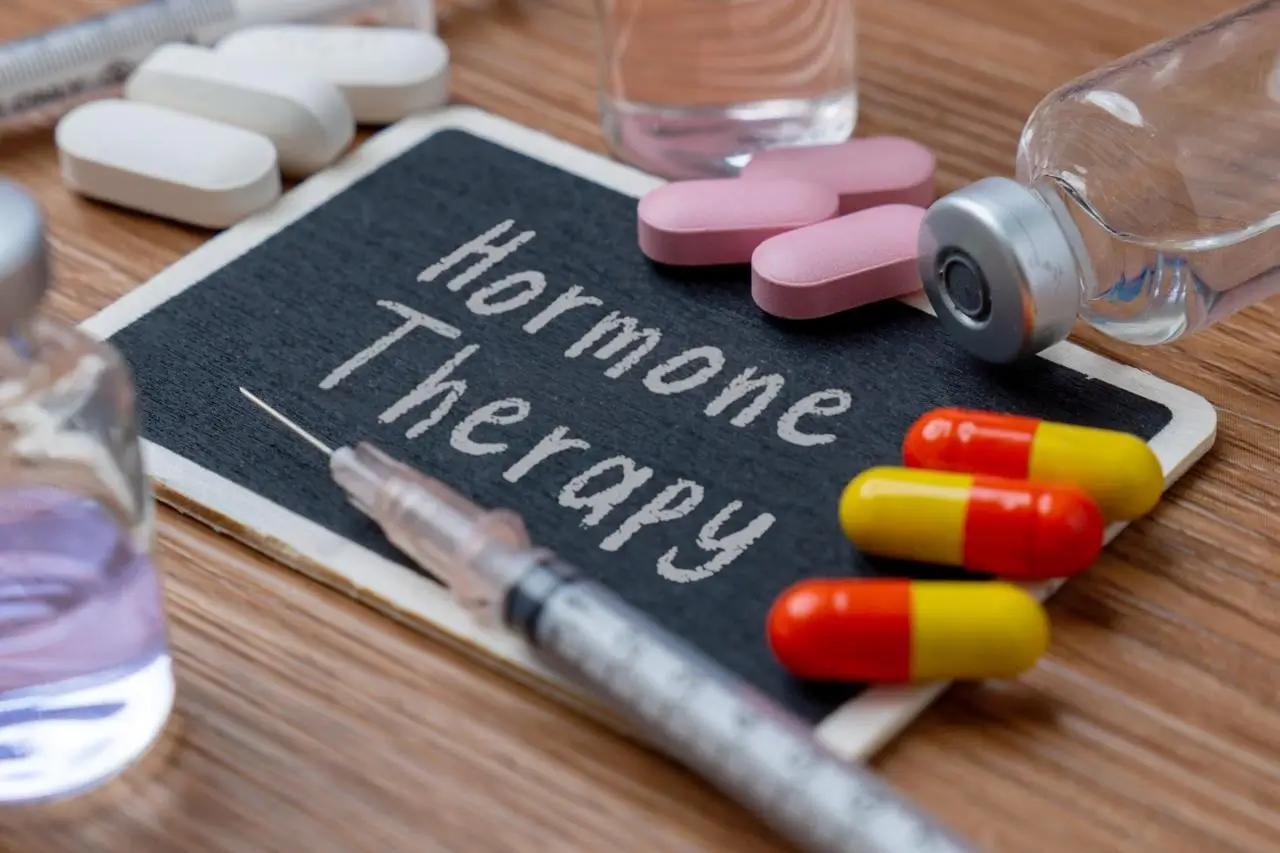

Menopause is one of those life phases that brings both wisdom and challenges. While hot flashes, mood swings, and fatigue can feel overwhelming, one of the most common questions women ask is: should I take supplements during menopause?
The short answer? Sometimes yes, sometimes no — it depends on your body, your lifestyle, and your health history. Supplements can be powerful allies, but they aren’t magic pills. Think of them as tools — the right ones can support your journey, but only when used thoughtfully.
Here are five key questions to ask yourself before deciding whether menopause supplements are right for you.
Not every woman needs supplements during menopause. But if you’re experiencing persistent hot flashes, brain fog, fatigue, poor sleep, or low bone strength, certain nutrients might help.
Hot flashes and night sweats → Isoflavones (from soy or red clover), black cohosh, or flaxseed extract may offer relief.
Low energy and fatigue → Vitamin B12 and iron can support energy metabolism.
Mood swings and anxiety → Magnesium, omega-3 fatty acids, and adaptogens like Ashwagandha may help regulate mood.
Bone and joint health → Calcium, Vitamin D, and Vitamin K2 are essential for preventing osteoporosis.
Ask yourself: Which symptoms affect my quality of life the most? This will guide whether you actually need a supplement or if lifestyle shifts might be enough.
Sometimes, supplements sound appealing because they promise quick fixes. But often, your plate already holds the answers.
For example:
A diet rich in dairy, leafy greens, and sunlight exposure may cover your calcium and Vitamin D needs.
Fatty fish, nuts, and seeds can give you omega-3s.
Lentils, beans, and whole grains may cover B vitamins.
However, gaps are common. Many Indian women, for instance, are Vitamin D deficient despite abundant sunlight. Similarly, plant-based eaters may struggle with Vitamin B12.
Before asking should I take supplements during menopause, first ask: Am I eating enough nutrient-rich foods to meet my needs?
Supplements aren’t one-size-fits-all. Your personal medical history matters.
Women with a history of breast cancer may need to avoid phytoestrogen-heavy supplements unless cleared by a doctor.
If you have thyroid issues, be cautious with soy isoflavones.
Those with liver conditions should avoid certain herbs like black cohosh, which may stress liver function.
Always talk to your gynecologist or endocrinologist before adding a supplement, especially if you’re on prescription medications. Interactions are rare but possible — for example, St. John’s Wort may affect antidepressants, and Vitamin K may interfere with blood thinners.
Here’s where science really matters. Not all menopause supplements are created equal — and flashy packaging doesn’t mean proven benefits.
Look for:
Clinical trials published in peer-reviewed journals.
Supplements that disclose ingredient amounts (not just “proprietary blends”).
Certifications of quality and safety, such as GMP (Good Manufacturing Practices).
Some of the most studied ingredients for menopause include:
Black cohosh → moderate evidence for reducing hot flashes.
Soy isoflavones → phytoestrogens that may mimic estrogen lightly in the body.
Vitamin D + Calcium → strong evidence for bone protection.
Omega-3 fatty acids → well-supported for heart and brain health.
Bottom line: If science doesn’t back it, it’s better to skip it.
Perhaps the most important question of all: What do I hope to achieve with supplements?
Supplements are supportive, not curative. They won’t erase menopause overnight. But they can:
Ease symptoms gradually.
Fill nutritional gaps in your diet.
Support long-term health like bone, heart, and cognitive function.
Think of them as companions in your wellness journey, not quick-fix solutions. Pairing them with lifestyle changes — balanced meals, regular exercise, stress management, and good sleep — will always give the best results.
If you’re considering menopause supplements, formulations like Miror Thrive can be worth exploring. It combines clinically researched ingredients such as phytoestrogens, vitamins, and minerals designed to support hormonal balance, bone strength, and overall vitality during midlife.
Unlike single-ingredient supplements, blends like Thrive aim to target multiple symptoms together — helping women feel more balanced, energized, and resilient.
Of course, as with any supplement, it works best alongside healthy habits and medical guidance.
So — should I take supplements during menopause? The answer lies in listening to your body, evaluating your diet, checking your medical history, and choosing only science-backed options.
Supplements aren’t a replacement for healthy living, but when chosen wisely, they can be powerful allies in making menopause smoother, healthier, and more empowering.
And remember—you don’t have to figure it all out alone. Your Miror Community is always here for you, with doctors, dietitians, therapists, and thousands of women walking the same journey. Whether it’s questions about supplements, diet changes, or just needing a safe space to talk, you’ll find real support, expert guidance, and lots of encouragement waiting for you.
Even with a balanced diet, many women fall short on key nutrients like Vitamin D or B12 — especially in midlife. Supplements can act as a safety net, but they’re not mandatory for everyone. A simple blood test can reveal if you actually need them.
Not exactly. Whole foods should always be the first line of defense because they come with fiber, antioxidants, and other nutrients. Supplements work best when they fill specific gaps, not when they replace an entire food group.
Some ingredients, like green tea extract or chromium, may support metabolism slightly — but they’re not weight-loss pills. The real benefit is indirect: better sleep, mood balance, and reduced fatigue can make it easier to stick to exercise and healthy eating.
Look for clinical research, certifications (like GMP), and clear labeling. Avoid vague “proprietary blends” that don’t tell you exact dosages. If a brand promises miracle cures, that’s a red flag.
In most cases, yes — but only under a doctor’s guidance. For example, Vitamin D and calcium pair well with HRT for bone health, but certain herbs (like red clover or black cohosh) may need careful monitoring.



 ×
×

